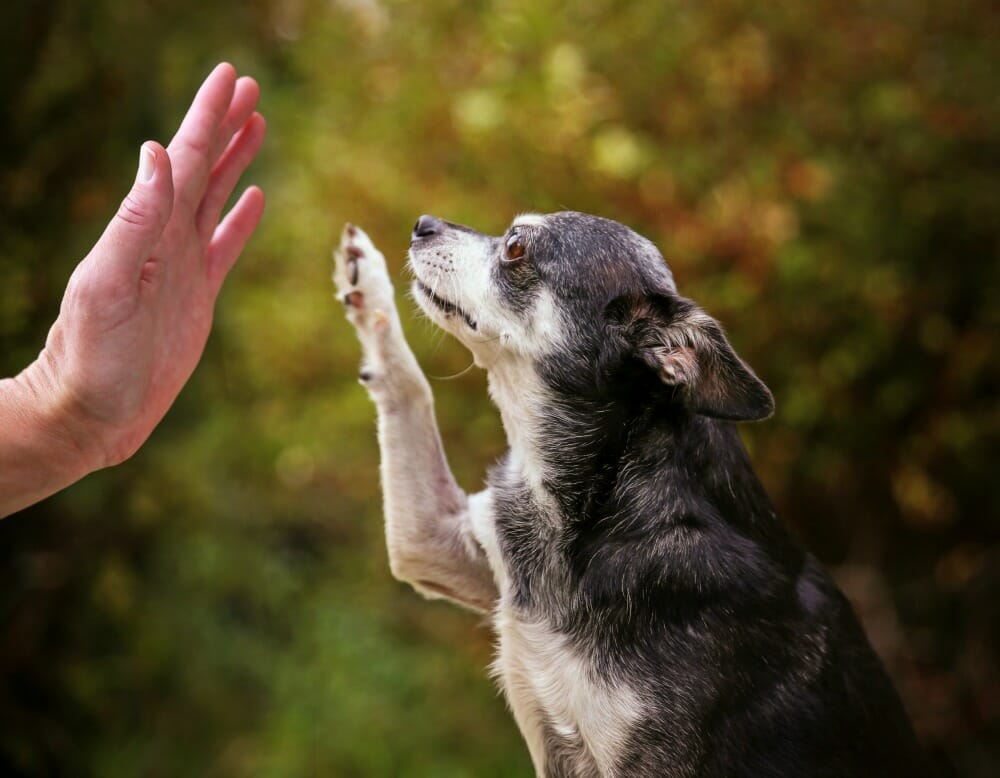November is dedicated to educating pet owners about the signs of cancer – the earlier the disease is detected, the greater the chance that treatment will be successful.
Pets, just like people, can develop cancer. Cancer is the leading cause of death in cats and dogs – 1 in 5 cats and 1 in 4 dogs will develop some kind of cancer in their lifetime. Many of the same cancers in people can occur in pets, including skin cancers, mammary cancer, testicular cancer, and osteosarcoma (cancer of the bones). Certain breeds of cats and dogs are more susceptible to develop certain types of cancer, and as pets age, the risk increases.
Different types of cancer have different signs – if you notice changes in your pet, please contact your veterinarian. Many of the signs can be vague or general and be attributed to many different conditions. Some signs to watch for that may indicate cancer include:
- lumps or bumps that appear on your pet’s body
- swollen lymph nodes
- wounds that do not heal
- bleeding or discharge from the mouth, gums, nose, vagina, or penis
- lameness or stiffness that persists
- loss of appetite or difficulty eating
- bad odor from the mouth
- difficulty urinating or defecating or accidents in a housetrained pet
- unexplained weight loss
- chronic vomiting or diarrhea
- coughing or difficulty breathing
- lethargy (low energy)
Taking your pet for regular wellness checks is important as these allow you and your veterinarian to discuss any changes that you might have noticed. These visits also allow your veterinarian to detect subtle (or early) signs that you may not have noticed that could indicate cancer.
If your veterinarian determines that your pet has cancer, treatments similar to those in human medicine – surgery, chemotherapy, and radiation – are available. While a diagnosis of cancer can be upsetting, early detection is key to treating it.
Get in the habit of checking your pet regularly for the signs of cancer. Feel the skin for lumps or bumps and the lymph nodes for swelling. Pay attention to changes in appearance and behaviour. Knowledge is power – knowing the signs of cancer allows you and your veterinarian to take charge and take steps to provide the best chance for the best outcomes!




